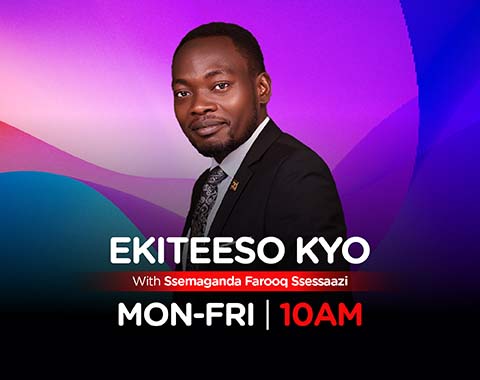Supreme Court Judge Hon. Justice Mike Chibita has called on human rights actors to intensify efforts in building the capacity of justice institutions to better protect the rights of vulnerable groups, including women, children, persons with disabilities (PWDs), the elderly, and refugees.
Justice Chibita made the remarks while officiating a five-day human rights training organised by the International Conference on the Great Lakes Region (ICGLR) Regional Training Facility. Held under the theme “Promotion of Human Rights-Based Approach in Protecting Rights of Minority Groups,” the training convened key stakeholders from the Greater Kampala Metropolitan area, including representatives from the Uganda Police Force, Office of the Director of Public Prosecutions (DPP), Judiciary, Uganda Human Rights Commission, Electoral Commission, Uganda Prisons Service, civil society organizations, and journalists.
In his keynote address, Justice Chibita emphasised the need for sustained access to justice for all and urged participants to deepen their understanding of human rights issues and their contextual challenges. He highlighted the importance of equipping justice actors with the necessary knowledge, skills, and strategies to fast-track the increasing cases of human rights violations in the country.
“We must develop a joint coordination approach among all stakeholders—prosecution, investigation, adjudication, civil society, and the media—to effectively respond to human rights violations,” Justice Chibita stated.
The training aimed to foster collaboration and share best practices for handling human rights-related cases, while also exploring how legal frameworks and practices can be better applied to combat violations.
Speaking on behalf of the ICGLR Regional Director, Hon. Dora Byamukama stressed the importance of inter-agency cooperation. She noted that while departments like the police often do commendable work, their efforts may fall short without close coordination with prosecutors.
“Working in a chain-linked manner, including civil society and the media, is crucial for ensuring access to justice and keeping communities informed,” Byamukama said.
She also issued a stern warning to security agencies ahead of the upcoming election period, reminding them that individuals who violate human rights will be held personally accountable, regardless of their official positions.
The training concluded with a call to establish a national advocacy document focusing on law reforms and legal practices related to human rights violations, particularly sexual and gender-based violence. Such a platform would serve as a follow-up mechanism to strengthen the legal framework and ensure justice for victims.













